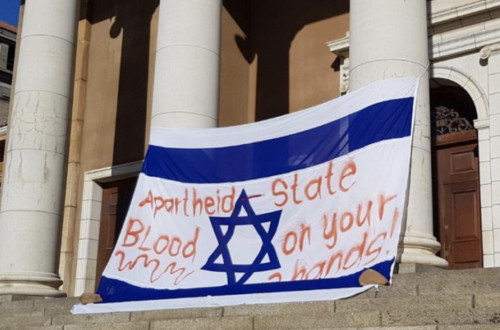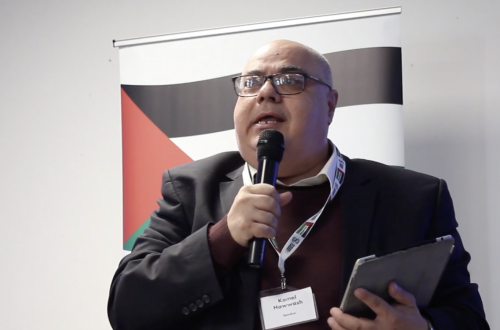This is a cross post by Sohrab Ahmari, from the Huffington Post
The thousands of classified documents released by wikileaks have revealed, inter alia, that the Iranian regime has enjoyed far more extensive links with al-Qaeda and the Taliban than hitherto publicly acknowledged by American officials. The revelation will force some in the foreign policy establishment to reprise the role of Casablanca’s Captain Renault, “shocked,shocked” that terrorists and state sponsors of terror would be in cahoots!
As the Wall Street Journal has reported, the documents shed light on direct contact between senior Iranian leaders and high level al-Qaeda operatives. Iranian officials have also brokered arm sales between North Korea and Pakistani Taliban. These revelations are a stunning rebuke to the advocates of detente with the Islamic Republic.
For years the received wisdom among professional Iran watchers from the currently ascendant “realist” camp was that the Shi’a regime would never collaborate with the Sunni Taliban and al-Qaeda. These commentators presented the supposed antipathy of Iranian leaders toward Sunni extremists and vice versa as a matter of principle. They spoke of the political incompatibility of the two groups as though they were discussing principled Western parliamentarians refusing to cross certain ideological divides — not vicious Islamists willing to strike any alliance to advance their nefarious cause.
To Iranian dissidents however, the revelation comes as no surprise. The Islamic Republic abandoned Shi’a principle long ago. Today, only a thin veneer of piety masks a highly militarized state hell bent on unquestioned rule at home and domination abroad.
After all, this is the same purportedly Shi’a regime that for years kept the late dissident Grand Ayatollah Montazeri under house arrest, and continues to imprison the Grand Ayatollah Boroujerdi, an advocate for the separation of mosque and state. The same Shi’a state which forbids chanting allah-u-akbar on rooftops so as not to be reminded of its illegitimacy among the faithful.
These are the same devout Muslim leaders groveling for patronage from Russia and China, where Muslim minorities are brutally repressed. The same Shi’a theocrats for whom the color green — the color of Shi’a martyrdom — has become anathema.
Still, Shi’a-Sunni tensions span bitter and bloody centuries. If the two camps did not share enemies, they would likely be at each others’ throats. Each may think it is taking tactical advantage of the other. Persians thrive on casting themselves as the permanent victim of Western imperialism. The wikileaks revelations however, remind us that they are also heirs to an ancient empire and thus highly adept at regional manipulation. And the predecessors of today’s Taliban, though hateful of the West and modernity, did not hesitate to accept Stinger missile launchers from the otherwise satanic United States in order to wage jihad against the godless Soviet Union.
That said, the alliance between the Shi’a theocracy and Sunni extremists represents more than a case of the-enemy-of-my-enemy-is-my-friend. The Islamic Republic and Sunni extremists do share common values. Both seek to overturn the regional status quo. Their backward-looking obscurantism aside, both are revolutionary movements. And both are devoted to a vision of irreconcilable enmity between the West and the Muslim ummah culminating in an apocalyptic confrontation.
New and old critics of American engagement in the AfPak region have already begun using the wikileaks to make the case for immediate disengagement. In the coming days and months, they will pressure the Administration to hew closely to its artificial timeline for pulling out. But the Iran-Taliban-al-Qaeda nexus revealed by the leaks suggests that such a move could be fatal. An al-Qaeda empowered by Iran’s state apparatus — with all the capacity for organized violence that implies — could severely harm American interests in the region and beyond.
More importantly, the revelations suggest the United States is badly in need of an Iran policy that is not based on tired cliches and unsound assumptions. We need, in other words, a truly realistic Iran policy.
Sohrab Ahmari, an organizer in Boston’s Iranian-American community, studies law at Northeastern. He has written on Iran and democratic reform in the Middle East for The Boston Globe, Commentary, The Huffington Post, and PBS | Frontline.


